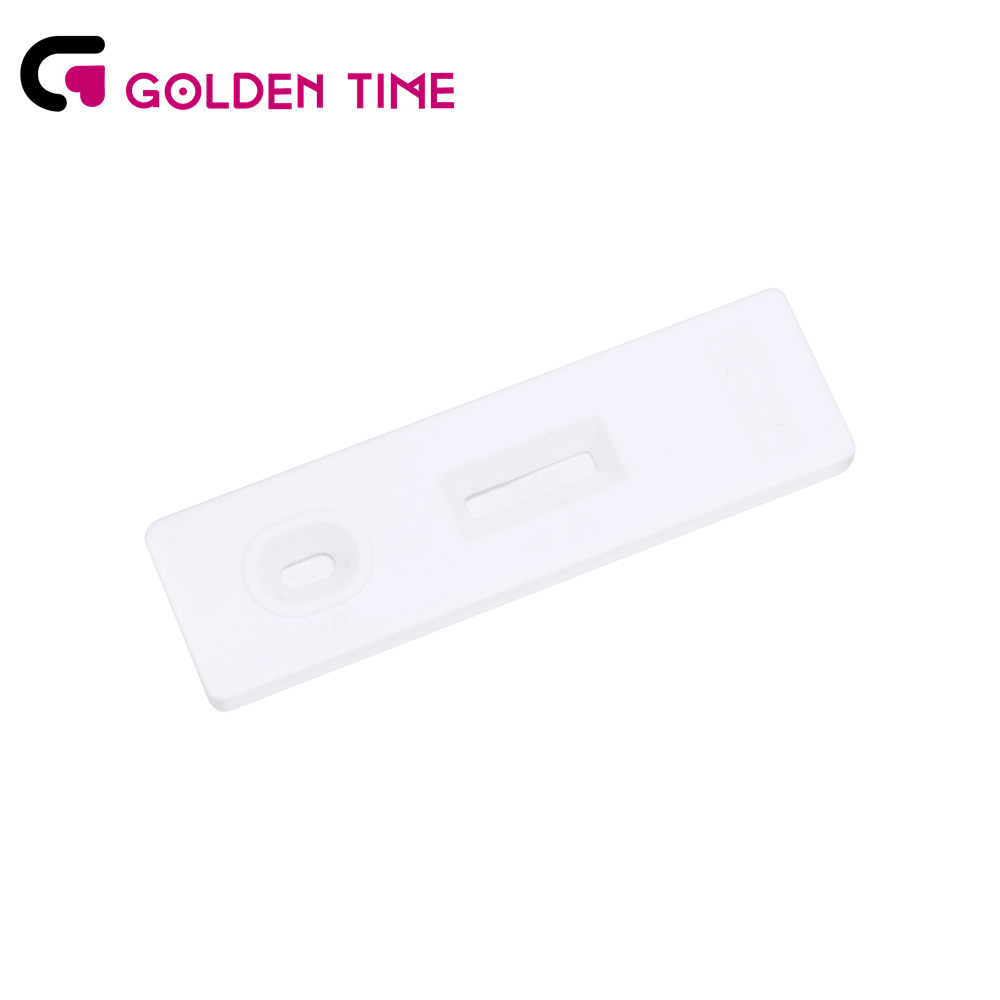Nov . 30, 2024 05:36 Back to list
Home Testing Kits for H Pylori Detection and Purchase Options
Understanding Home Testing Kits for H. Pylori Options and Considerations
Helicobacter pylori (H. pylori) is a type of bacteria that can cause various gastrointestinal issues, including gastritis and peptic ulcers. The ability to detect H. pylori infection is crucial for appropriate treatment and management of these conditions. With advancements in medical technology, several home testing kits for H. pylori have become available. This article will explore the operational aspects of these kits, their benefits, and what consumers should consider when seeking to purchase a home test for H. pylori.
What is H. Pylori?
H. pylori is a gram-negative bacterium that resides in the stomach lining. It's estimated that over half of the world's population may be infected with H. pylori, often without experiencing any symptoms. However, in some cases, this infection can lead to significant gastrointestinal disorders. Symptoms can include abdominal pain, bloating, nausea, and even severe conditions like ulcers or gastric cancer. Detecting H. pylori early is important for effective treatment.
Home Testing Kits An Overview
Home testing kits for H. pylori typically use either breath, stool, or serological tests to determine the presence of the bacteria. These kits are designed to be user-friendly, allowing individuals to collect samples in the comfort of their homes. Many products available on the market require minimal technical knowledge and can provide results within a short timeframe.
1. Breath Tests These tests usually involve drinking a solution that contains urea. If H. pylori is present, the bacteria will break down the urea and produce carbon dioxide, which can then be detected in the breath sample. 2. Stool Tests These kits analyze a stool sample to identify antigens related to the bacteria. They are straightforward and generally yield accurate results. 3. Serological Tests These test for antibodies in the blood indicating an H. pylori infection. However, they might not distinguish between current and past infections.
buy at home test for h pylori suppliers

Benefits of Home Testing Kits
1. Convenience Home testing offers a more comfortable and private way for individuals to assess their gastric health without having to visit a clinic or hospital. 2. Time-Saving Many kits deliver results within a few days, allowing users to quickly understand their health status and seek necessary medical guidance. 3. Accessibility Home kits are often more readily available than clinical tests. They can be purchased online or at pharmacies, making them accessible to a wide audience. 4. Cost-Effective Home testing kits typically cost less than full medical consultations and laboratory tests, providing an economical alternative for many people.
Considerations When Purchasing a Home Test Kit
1. Reputation of Suppliers When searching for suppliers or purchasing home test kits, it is vital to choose reputable brands with positive customer reviews. Not all tests are created equal, and accuracy can vary. 2. Certification and Approval It’s essential to ensure that the testing kit has undergone validation and has received appropriate regulatory approvals (such as FDA approval in the United States). 3. Instructions and Support A good home testing kit should come with clear instructions and customer support for any queries that may arise during the testing process. 4. Follow-Up If a home test indicates the presence of H. pylori, it’s essential to follow up with a healthcare provider for further evaluation and treatment recommendations.
Conclusion
The availability of home testing kits for H. pylori presents an excellent opportunity for individuals to take charge of their gastrointestinal health. Convenience, cost-effectiveness, and accessibility are significant advantages of these kits, allowing users to engage in proactive health management. However, it is crucial to select reputable suppliers and ensure that the products are validated for accuracy. Ultimately, while home testing can be a first step in recognizing potential infections, professional medical advice and follow-up remain essential components of effective healthcare management. By understanding and utilizing these home test kits properly, individuals can contribute significantly to their health and well-being.
-
Rapid Canine Corona Test: Fast & Accurate Results
NewsAug.06,2025
-
Rapid BZO Test Kit - Fast & Accurate Benzodiazepines Detection
NewsAug.04,2025
-
China Nylon Flocking Swabs - AI Enhanced Quality Collectors
NewsAug.03,2025
-
Highly Accurate hCG Pregnancy Test Strips - 5 Min Results
NewsAug.02,2025
-
Premium Empty ABS Plastic Cassettes: Durable & Lightweight Storage
NewsAug.01,2025
-
Accurate Cocaine (Coc) Rapid Test Kit | Fast & Reliable Detection
NewsJul.31,2025

